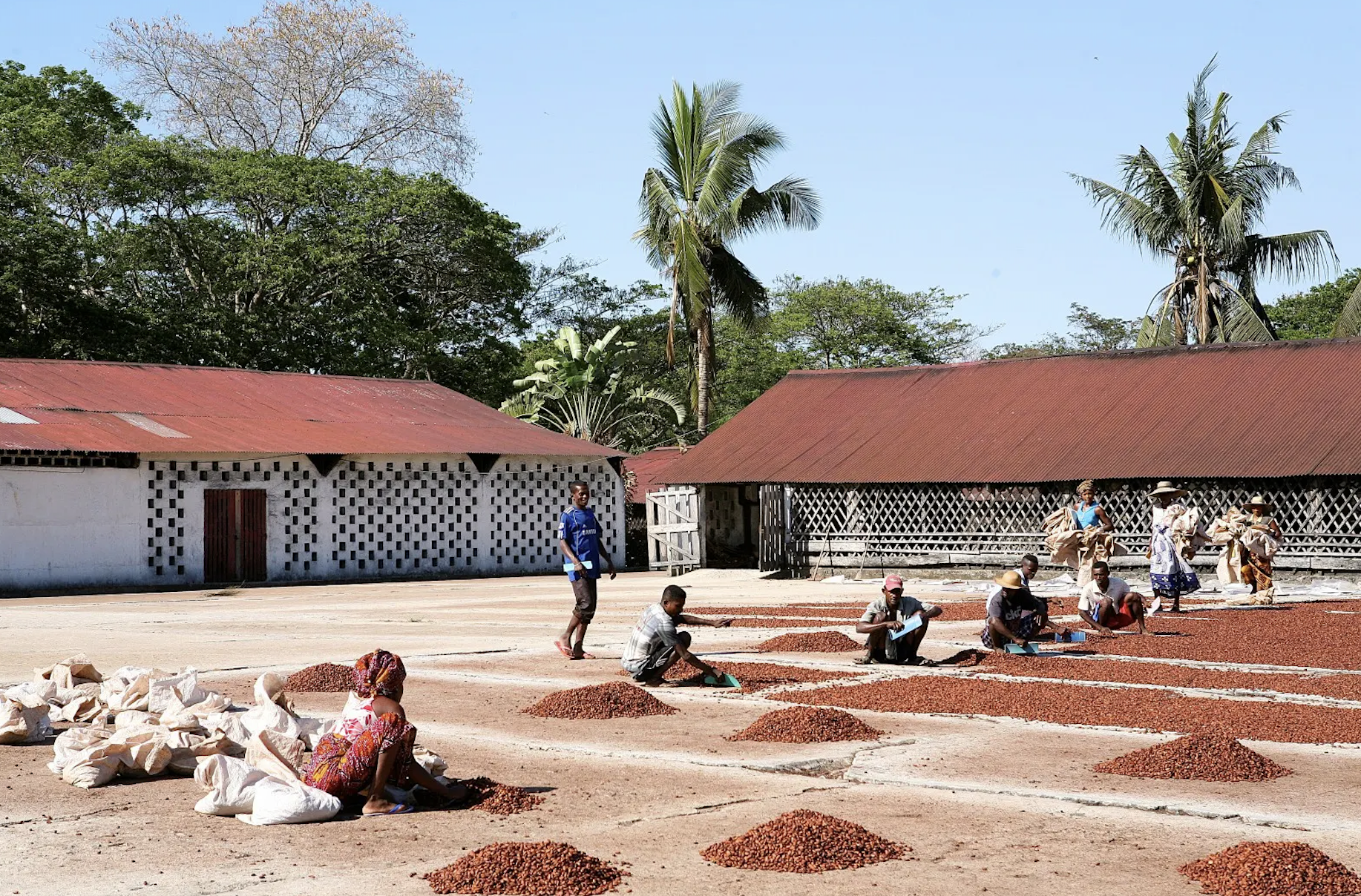The Chocolate Revolution: Fair, Direct, Transparent and Impact Trade
Today, let's talk about Fair Trade, Transparent Trade, and Impact Trade in the cacao industry. I’ve come across these terms and labels as I searched for bean-to-bar chocolate makers to partner with and source chocolates from. Surely, it’s not only me who gets confused with all these terms. So, let's delve into the nuances of ethical cacao trade, starting with Fairtrade, then focusing on Direct Trade, and how Transparent and Impact Trade play a crucial role within it.
🌍 Fairtrade: Fairtrade is an official certification that ensures cacao farmers receive a fair price for their beans, aiming to provide economic stability and empower farmers to invest in their livelihoods and communities. You’d often see chocolate bars with the Fairtrade symbol such as the ones below.
Fair Trade Labels
🤝 Direct Trade: Unlike Fairtrade, Direct Trade isn't an official designation run by a for-profit governing body. Instead, it's a practice where chocolate makers establish direct relationships with cacao farmers. Some makers choose Direct Trade alongside or instead of Fairtrade, as they recognise that Direct Trade funds go directly to farmers rather than to a labelling organisation. Typically, Direct Trade involves higher-quality, decommodified products, with a larger portion of the money reaching the farmer. This model fosters stronger relationships, better quality, and often, more impactful outcomes.
Within Direct Trade, we also see Transparent and Impact Trade.
🔍 Transparent Trade: This focuses on traceability and open communication, ensuring we know exactly where our cacao comes from and the conditions in which it was grown. This builds trust and accountability. Makers who practice this would often provide detailed information about the cacao growers and farms they work with. It becomes a fun expedition reading and tracing the trail of the origins of the bar you’re enjoying.
🌱 Impact Trade: This goes further, aiming for lasting, positive change in cacao-growing regions through initiatives like improved farming techniques, education, and environmental sustainability.
As an example, Coco Chocolatier, a Edinburgh-based chocolate maker teach local Colombian farmers how to cultivate their land and get more from their yield - which includes showing them grafting techniques and accurate methods of fermentation. This in turn contributes to the country’s economy and create more legal jobs and steady income for their local workers.
Transparency and Incremental Improvements
While Impact Trade, as the name suggests, directly aims for the most substantial positive impact on growers and the supply chain, it's crucial to recognise that many chocolate makers and crafters who prioritise transparency are also actively working with their cacao grower partners to incrementally improve conditions.
I hope this encourages us all to dig a bit deeper into knowing more about the chocolate we’re buying and and the producers and cacao growers behind it. May this also be a reminder that when when you buy chocolate that aligns with these principles, you're supporting a system that values people and the planet! Hoorah!
Have a good chocolatey Wednesday!
Craving for something sweet after that read? Check out the chocolate shop for a selection of fair and direct trade chocolates!


